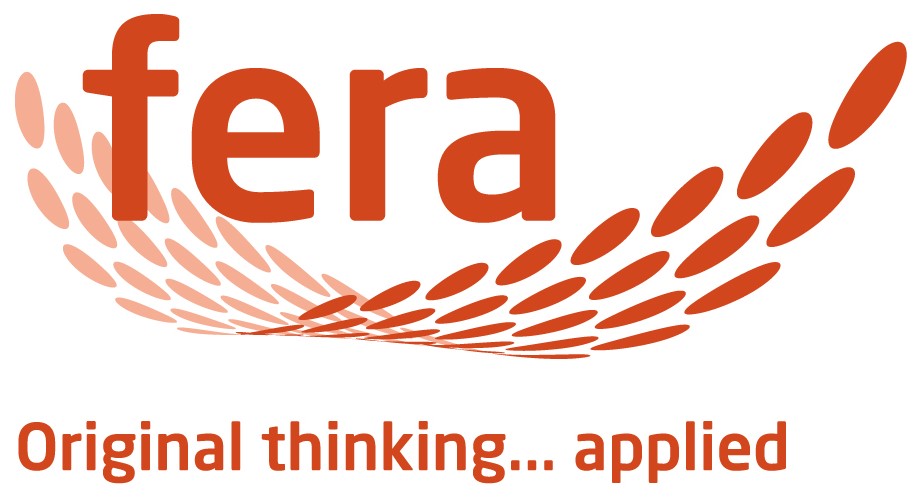Fera Science Ltd have PIPS opportunities in 2 departments. The placements are both due to start mid-May 2024 so there is a short turnaround time, but if you have been struggling to find a placement, or your planned placement has fallen through, this could be the ideal opportunity!
For more information and descriptions of the placements, keep reading:
Chemical Safety and Stewardship
Here at Fera Science Ltd, our Chemical Safety and Stewardship Team gets hands-on with large-scale semi-field studies over the summer months. From Mid-May to Mid-August we are looking for an enthusiastic outdoor person to work with us on such varied project areas as pond exposure research (or mesocosms) on our state-of-the-art mesocosm facility (search ‘E-Flows at Fera’ and you will see the scale of the site) and pollinator (bee) exposures in field, in poly-tunnels and / or at the laboratory scale. For pollinators, we work with our own hives (50+) and we also work in-field on farms in the UK.
As a student working with us on your Professional Internship for PhD Students (PIPS) you will experience intense team-work in both a research and a business / commercial environment. Some of our large-scale projects are published in the peer reviewed literature as a part of on-going research to address gaps in chemicals regulations, and some are commissioned by our clients as bespoke projects to assess chemical effects in the environment as a part of the regulatory process. For the latter, you will learn how to work in a closely monitored scientific business under the operation of Good Laboratory Practice; a legally recognised process of certifying scientific outcomes.
You will need to be prepared to be involved in full days in the field or laboratory and to learn a large number of varied techniques, but your reward will be a summer experience that you can take forward into your developing career in the environmental sciences.
Nematology & Entomology
Pests and diseases cause serious economic and environmental damage to plants and trees in the UK and worldwide. Many of these pests and diseases are regulated, with restrictions at the border to avoid their introduction into the country and prevent outbreaks. An early identification is fundamental for helping to combat quarantine pests and diseases and decision-making for statutory actions. Fera Science (Fera) is at the front line to support Defra and APHA regarding the detection of plant pests and diseases, routinely receiving samples from border inspections, with diagnoses based on the combination of morphology, DNA barcoding, and other molecular technologies.
This placement will be focussed on improving DNA barcoding routinely utilised for the identification of potential pest insects and nematodes for UK biosecurity to support taxonomists with the diagnosis for each species. The placement is ideally suited to students with an interest in Molecular Biology, Plant Pathology, and Nematology. In particular, the student will acquire knowledge regarding the morphological identification of certain nematodes, and molecular methods such as DNA extraction, PCR and electrophoresis for DNA barcoding, as well as phylogenetic analysis.
Contact
The student will benefit from the support and experience provided by staff at Fera, with the opportunity to experience the Agri-Food-Environment sector and understand the process of routine diagnostics and R&D projects.
If you would like to find out more, don’t hesitate to get in touch with Dr Alex Setchfield, Venturing Business Scientist alex.setchfield@fera.co.uk

